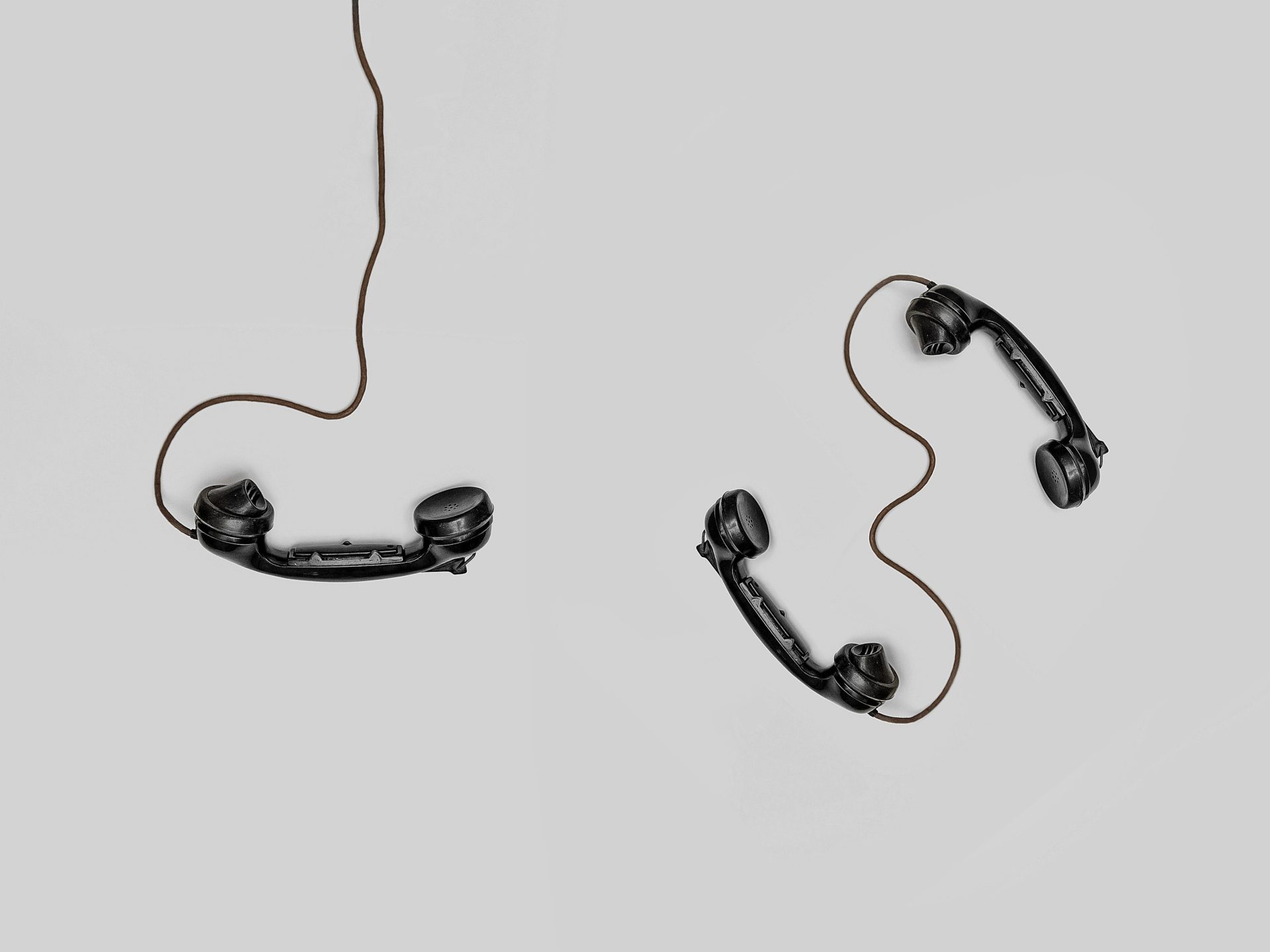15 Reasons You Are Failing Your Interviews
Being prepared for an interview begins the second that you submit your application to the job.
Interviews, contrary to popular belief, should be taken seriously and should garner the support and preparation needed to ensure a successful showing.
We’re going to discuss the 15 reasons you are failing your interviews, as well as what you can do to begin succeeding in them.
Interviewers often complain and lay blame on a variety of factors when their interview goes poorly.
While we cannot generalize on all cases, many times these poor showings are a direct result of a lack of preparation by the interviewer.
This preparation includes not only showing up on time, but also being able to properly articulate your accomplishments and achievements.
In addition, many interviewers lay blame on their lack of job offerings on their resume.
However, if you are getting invited to attend in-person interviews, then your resume is not to blame.
Simply put, if you are getting invited to interviews then the employer clearly found something worthwhile in your resume.
The lack of job offers must mean that you are doing something incorrectly during the interview.
#1 – Not Enough Preparation
Interviews are not meant to be taken lightly.
Beyond understanding what to bring to an interview, you should prepare for one the moment you submit your application.
Preparing for an interview should include reviewing your resume and the skills, accomplishments, and achievements you’ve listed.
You should also review your previous work experience and formulate answers to commonly asked interview questions.
#2 – Review Commonly Asked Interview Questions
Although interview questions can range in topic, there are certain questions that many interviewers ask during an interview.
Some common interview questions include describing previous work experience, discussing career goals, and listing recent work related accomplishments.
Although not all of these questions will be asked, it’s helpful to have an understanding of how to answer them.
#3 – Not Reviewing the Company or Employer
Interviewers typically interview between 3-5 candidates in the first round.
In the initial round, interviewers are looking for candidates who not only have the required skills, but who also show an understanding of the work and services offered by the employer.
A successful interviewee should have a deep understanding of the employer and the work they do.
They should also research the company’s public financial statements and marketing efforts to better distinguish themselves from the competition.
#4 – Not Utilizing the STAR Method
The STAR Method is a structure in-which interviewees provide specific, behavioral answers to commonly asked interview questions.
The STAR Method is most often used to answer behaviorally based questions; typically, when asked to describe a situation or provide an example.
The STAR Method is an easy-to-remember acronym, which stands for Situation, Task, Action, Result.
By answering an interview question via this method, you are able to provide a situation, the task at hand, the action you took, and the end result.
This method ensures that you successfully provide context to an interview question.
#5 – Thinking You Can “Wing It”
A successful interview requires preparation by both the interviewer and the interviewee.
The interviewee should prepare for commonly asked interview questions and should bring a list of their own questions for the interviewer.
Attempting to “wing it” is only a recipe for disaster and will lead to a failed interview.

#6 – Not Asking the Interviewer Questions
Interviews are a two-way street, with both the interviewer and the interviewee asking one-another questions.
Asking the interviewer questions not only shows interest in the role but can also show the interviewer your ability to think critically and objectively.
Not asking the interviewer questions can lead the interviewer to believe you are uninterested in the role or simply do not understand the role requirements.
#7 – Not Sending Thank You Emails
Post interview thank you emails are a common, and professional, courtesy extended to the interviewer.
These emails are meant to provide a quick recap on the interview discussion and a means to open up further conversations.
Employers are looking to hire candidates who are willing to go above-and-beyond and sending through a thank you email is a great way to show your commitment to the role.
#8 – Giving Inconsistent Answers
While interviewers typically aren’t looking to ask confusing or obscure questions, they do look to see that a candidate’s answers are consistent and make sense.
If you give inconsistent, false, or incorrect answers, you will have automatically failed the interview.
#9 – Showing an Unwillingness to Learn
Employers do not expect all candidates to come in knowing every system, tool, or service.
However, they do expect a candidate to show a willingness to learn and to improve.
This can be done by admitting when you are unsure of something but indicating a willingness and ability to take the time to master it.
#10 – Not Being Able to Answer Why You Want the Job
Employers look to hire for the long-term.
They do not want to hire temporary or transient employees, requiring them to rehire and retrain every year.
As-such, they are looking for candidates who have a genuine interest in the role and the company.
A successful interviewee is able to convey why they are interested in both the role and the employer.

#11 – Coming Off Desperate
Employers are looking for candidates who are not only confident in themselves, but also in their skills and their abilities to find an employer.
Coming off desperate or too worrisome can negatively affect your interview chances and make an employer less likely to offer you the position.
#12 – Not Showing Enthusiasm
While we’re not asking you to come in too loud, we are asking that you show just a bit of positivity and enthusiasm during your interview.
This can be done by simply being engaging, attentive, and positive with the interviewer during the interview.
These small, subtle acts help to put both the interviewer and yourself at ease, making the interview that much easier.
#13 – Not Giving Your Undivided Attention
Being dismissive, absent, or distracted during an interview is one of the main reasons you are failing your interviews.
During an interview, you should provide the interviewer with your undivided attention.
You should absolutely avoid looking at your phone or the clock on the wall.
Rather, focus on the interview and the questions being asked and remain engaged throughout the entire process.
#14 – Showing Up Late
Perhaps one of the biggest errors you can do is to show up for an interview late.
This not only shows a level of carelessness but shows the interviewer that you do not respect their time and the time they allotted to meet with you.
If you are running late, be sure to send an email to the interviewer apologizing and letting them know that you will be late.
#15 – You Didn’t Dress to Impress
Interviews are all about first impressions.
That is why you should go to one in a business formal attire, presenting yourself as a professional and someone who took the time to prepare for the interview.
Showing up in jeans and a t-shirt will look unprofessional and will lead you to not being taken seriously by the interviewer.









